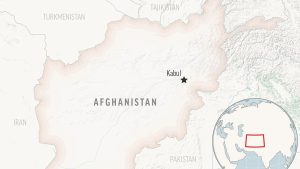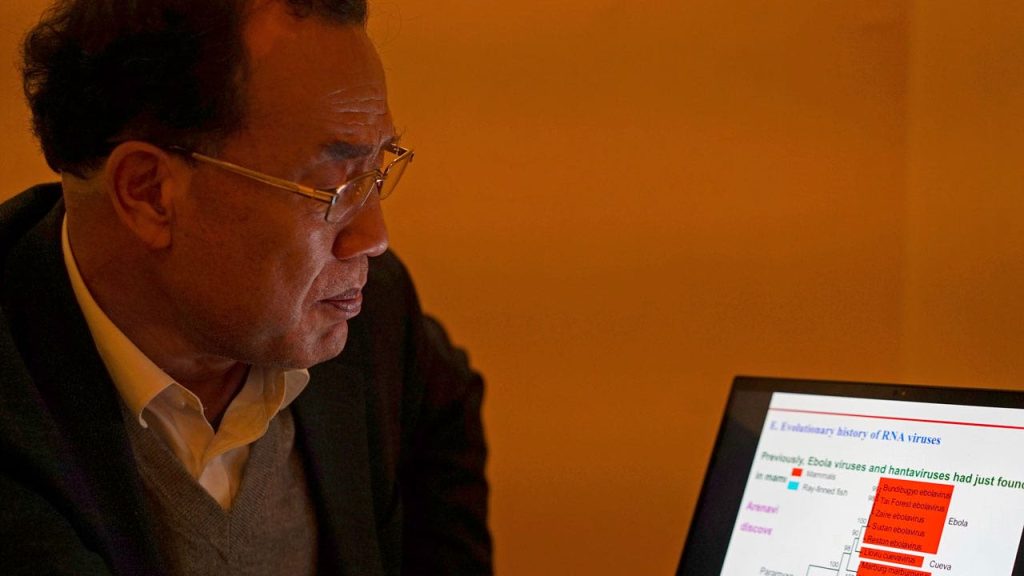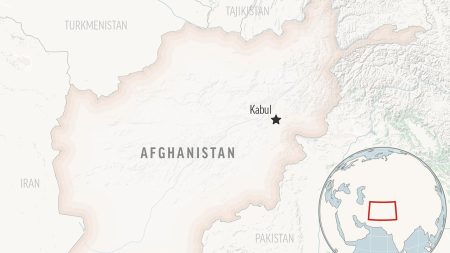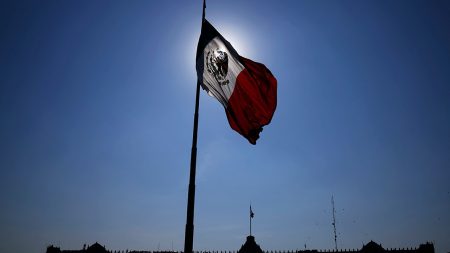Zhang Yongzhen, the first scientist to publish a sequence of the COVID-19 virus in China, was recently allowed back into his lab after days of being locked out. Zhang and his team were initially told they had to vacate the lab for renovations, which sparked a dispute. After finding himself locked out, Zhang staged a sit-in protest outside his lab, which gained widespread attention on Chinese social media. The Shanghai Public Health Clinical Center, which hosts Zhang’s lab, claimed the closure was for safety reasons during renovations and offered an alternative laboratory space, which Zhang found inadequate for his team’s research needs.
This dispute is only the latest in a series of setbacks faced by Zhang since he published the virus sequence in January 2020 without state approval. Beijing has been eager to control information related to the virus since its emergence, freezing both domestic and international efforts to trace its origins. Labs have closed, collaborations have been severed, foreign scientists have been expelled, and some Chinese researchers have been prevented from leaving the country. Zhang’s trouble began when he decoded the virus and warned Chinese authorities of its potential spread internally. The lab was temporarily shut down, and Zhang ultimately published the sequence despite lacking permission, which was critical for developing test kits and disease control measures.
Zhang faced repercussions for his actions, including being removed from a post at the Chinese Center for Disease Control and Prevention and being prohibited from collaborating with former partners. Despite these challenges, Zhang received recognition and awards for his work overseas. While some of his online posts have been deleted, his protest was widely covered in state-controlled media in China, suggesting differing opinions within the government on how to handle Zhang and his team. Zhang expressed gratitude for the support he received during his ordeal.
The COVID-19 pandemic, which originated from the virus that Zhang sequenced, spread globally, leading to widespread lockdowns, economic disruption, and significant loss of life. Sequencing the virus was critical for understanding and combating the disease, highlighting the importance of scientific research and cooperation in responding to public health crises. Zhang’s experience underscores the challenges faced by scientists navigating government oversight and control in sensitive research areas. The tensions between scientific advancement, government regulations, and public health imperatives are still being negotiated as the world seeks to address the ongoing impact of the pandemic.















